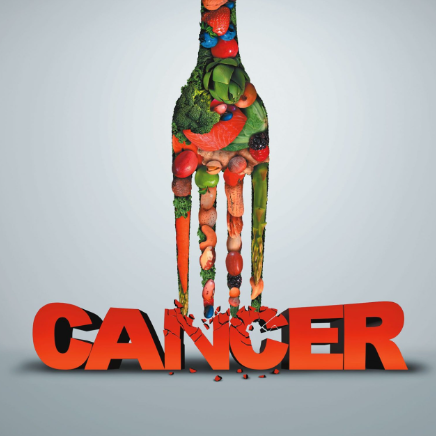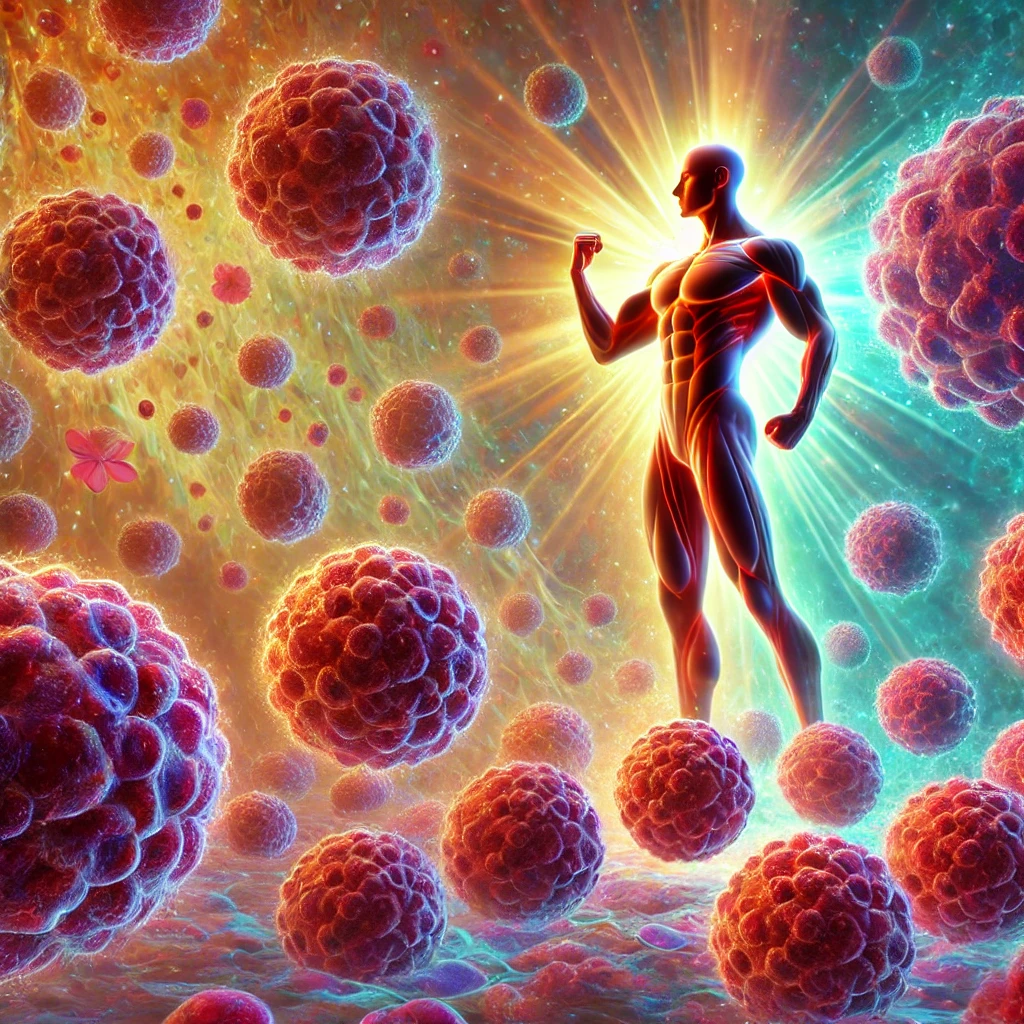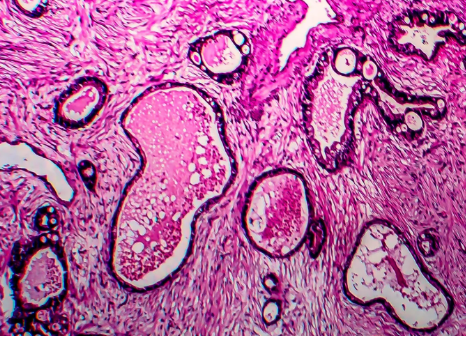An active lifestyle combined with proper nutrition in addition to allowing the optimal performance of our body’s needs can also play an important role against certain diseases such as cancer.
This correlation has been extensively studied and confirmed by the scientific community so much so that the World Cancer Research Fund has compiled a vademecum to follow for following a healthy lifestyle and proper nutrition:
MAINTAIN A NORMAL WEIGHT
The link between obesity and diseases such as cancer is now sure, I talked about this in “Correlation between obesity and cancer“.
Obesity is a condition that arises as a result of poor eating habits and a predisposition to sedentary lifestyle. Weight assessment is carried out according to Body Mass Index (BMI), which takes into account an individual’s height and weight. One is normal weight if the BMI has a value in the range of 18.5-24.9, one is overweight if the BMI is between 25.0-29.9, while obesity arises in the case of a value above 30.0.
PRACTICE PHYSICAL ACTIVITY ON A DAILY BASIS
Whenever we prefer motor activity to the use of machinery, such as escalators or elevators, we promote energy expenditure and prevent weight gain, thus decreasing the risk of being overweight or obese.
It is recommended to do at least 30 minutes of physical activity each day, going on to increase the intensity or duration.
AVOID SUGARY DRINKS AND MODERATE CONSUMPTION OF ENERGY-DENSE FOODS
High-energy foods if present excessively within our diet increase the risk of overweight and obesity. These foods do not provide useful compounds to the body consequently the calories they contain are referred to as “empty calories.” Highly processed and refined foods such as cookies or chips belong to this category. It is good to remember, however, that not all caloric foods are dangerous to our health such as dried fruit, a perfect energy snack that is highly rich in nutrients.
Drinks with high sugar levels also play an important role if consumed regularly. This is because in addition to being high in calories, they do not lead to thirst quenching, which leads to their immoderate consumption.
Regarding sugary drinks, the International Agency for Research on Cancer (IARC) has decided to classify aspartame, an artificial sweetener used in soft drinks (such as Coca-Cola both with and without sugar) or chewing gum, as a possible human carcinogen.
The daily intake deemed acceptable by the scientific community is 40 milligrams per kilogram of body weight. So you are not forcing the companies producing these products to withdraw them from the market, let alone the consumer to stop buying them, but the key message is to moderate their intake.
INCREASE CONSUMPTION OF PLANT FOODS
Fruits and vegetables represent food sources that are low in calories and rich in vitamins and minerals. Frequent consumption of such foods leads to reduced risk of obesity and overweight and associated diseases.
LIMIT CONSUMPTION OF RED MEAT AND AVOID PROCESSED AND PRESERVED MEATS
Foods of animal origin such as eggs, fish, and white meat help make our diet varied and complete, and most importantly, there is no scientific evidence that they lead to cancer.
When we refer to red meat we mean greater presence of red muscle fibers than white muscle fibers. This type of meat and its derivatives if consumed in amounts greater than 500g per week can be a danger to our bodies.
The red color is given by the presence of hemoglobin and myoglobin. These molecules contain a heme group, which has an iron (Fe) atom in the central portion.
This component of hemoglobin and myoglobin captures oxygen molecules, which are necessary for tissue oxygenation and energy production (via aerobic respiration), which is why large amounts are stored in muscles, which then show a red coloration.
In 2015, the International Agency for Research on Cancer (IARC) in Lyon, an agency belonging to the World Health Organization (WHO), defined red meat as probably carcinogenic (class 2A of the IARC classification) and processed red meat (sausages and cold cuts) as definitely carcinogenic (class 1 of the IARC classification).

Here is the list compiled by the IARC:
As for sausages and processed meats, one should consume them only occasionally.
It is necessary to dispel the belief that in order to achieve protein and iron values it is necessary to consume large amounts of meat. In fact, there are many other sources of protein and iron, both animal and vegetable, such as legumes, vegetables and nuts.
ALCOHOLIC BEVERAGES
Alcoholic beverages contain several calories, and immoderate consumption of them contributes to an increased risk of overweight and obesity.
Moreover, for more than 30 years the International Agency for Research on Cancer (IARC) in Lyon has classified alcohol as a carcinogen, as also stated by William Klein, director of the Behavioral Research Program at the National Cancer Institute (NCI) in Bethesda, Maryland. Alcohol not only increases the risk of developing liver cancer but also breast cancer in both women and men.
Avoidable deaths annually if alcohol abuse were eliminated were calculated, and it was found that:
- deaths caused by cancers of the mouth and pharynx would be reduced by about 70% in men and 50% in women;
- deaths from cancers of the larynx and esophagus would decrease by about 50% in men and 30% in women;
- deaths from liver and colorectal cancers would drop by about 30% in men and 15% in women;
- potentially 17% of deaths attributable to breast cancer in women and 27% of deaths caused by breast cancer in men would also be preventable.
For good cancer prevention, ideally, alcohol consumption should be eliminated, but if this is not possible, occasional moderate intake is strongly recommended.
To explore this topic further, we recommend reading the article “In vino veritas, in aqua sanitas.”
LIMIT THE USE OF SALT AND FOODS THAT CONTAIN IT
Salt is a fundamental and important element for the health of the body, but the amount our bodies require is less than what we are used to consuming on average. Inordinate salt intake leads to increased risk of stomach cancer. It is difficult to notice the amount of salt we ingest, this is because it mainly comes from processed products of daily consumption, such as bread, chips, cold cuts, cheese, cookies; suffice it to say that only 10% of the salt we ingest.
Our diet plays a key role in sustaining our body but at the same time if balanced it prevents the onset of various diseases, sometimes it may seem difficult to implement the tips given above but even just changing a few incorrect habits can have a crucial effect on our health.
Read the recommendations provided SmartFood:
https://www.ieo.it/en/Patient-Care/Prevention/SmartFood-the-IEO-nutrition-program/
More on aspartame:
https://www.nature.com/articles/d41586-023-02306-0
https://www.nytimes.com/2023/07/13/well/aspartame-sweetener-carcinogen.html





